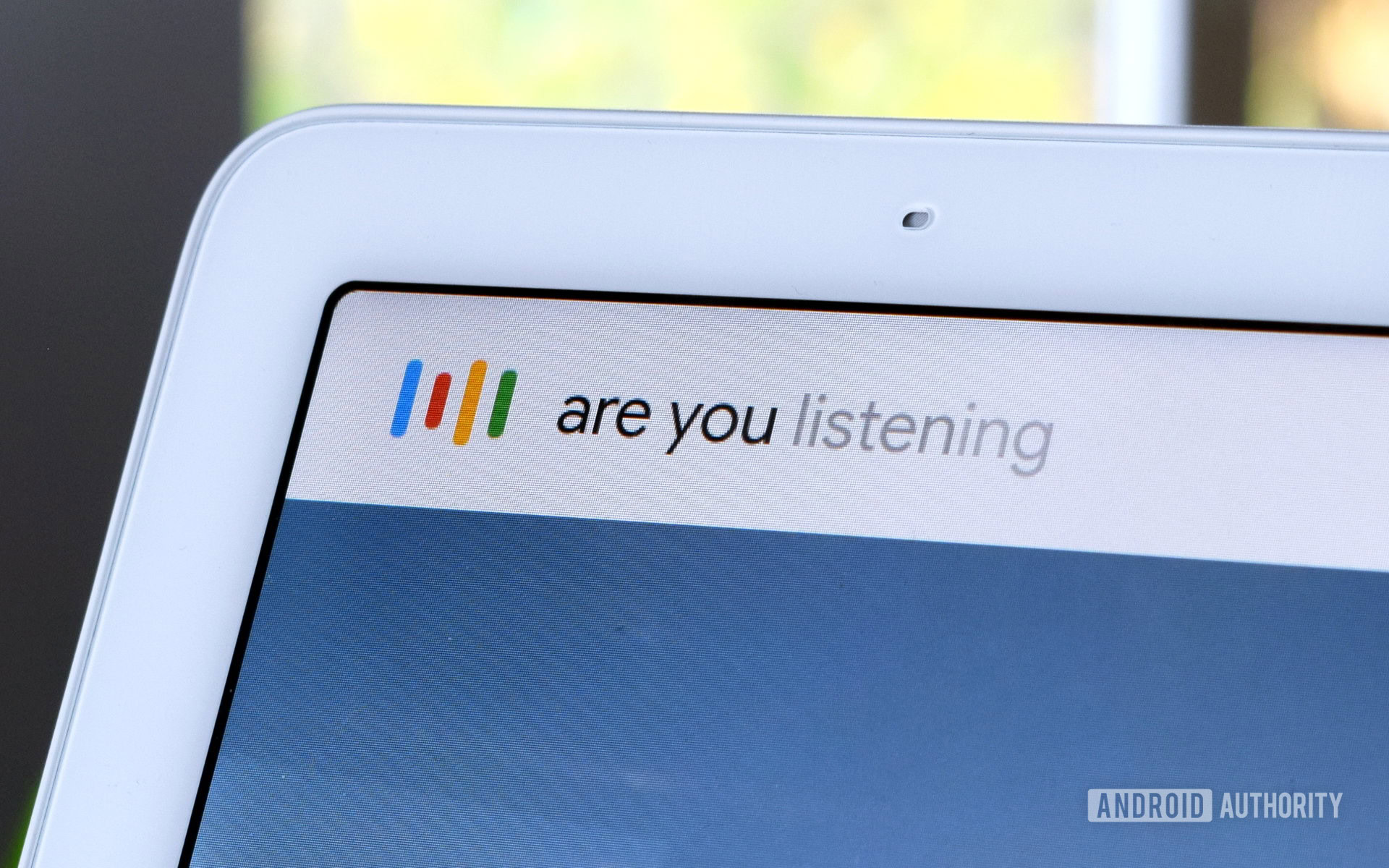Affiliate links on Android Authority may earn us a commission. Learn more.
Google is pushing Fuchsia OS to the original Nest Hub

- Google is reportedly rolling out the first Fuchsia OS update to its 2018 edition Nest Hub.
- The update doesn’t appear to feature any visual changes.
- However, the rollout could mark the beginning of a more serious Fuchsia OS push to select Google devices.
Google’s Fuchsia OS has finally arrived on one of its products, but it’s not a Pixel, Pixelbook, or Chromebook. Instead, 9to5Google reports that Fuchsia OS is now rolling out to the first-generation Google Nest Hub.
The rollout hints at the beginning of a wider public rollout of Fuchsia OS to Google devices. According to the publication, the update will arrive on the 2018 Nest Hub in the “coming months” for Preview Program users. Although it makes for a limited pool of devices, this should also allow the company to better test the OS in the wild. Users falling into this category shouldn’t notice much of a difference pre- and post-update, though. Fuchsia OS seemingly keeps the UI on the Nest Hub essentially unchanged.
Despite the lack of any visual revisions, the Fuchsia OS push marks a massive paradigm shift for Google. The OS, long rumored to replace Android, made its Github debut in 2016. Unlike the world’s most popular smartphone OS, it’s not underpinned by a Linux kernel. Instead, it’s developed by Google from the ground up. Fuchsia OS is also set to serve multiple devices, from smart home products to laptops and smartphones.
It’s unclear if Google plans to push the OS to other devices in the Nest Hub family. We’ve contacted the company for comment on its rollout plans and will update this article if/when we hear back.
For now, what are your thoughts about the Fuchsia OS developments? Do you still believe it will be the Android successor on future Google phones? Let us know in the comments below!
Thank you for being part of our community. Read our Comment Policy before posting.